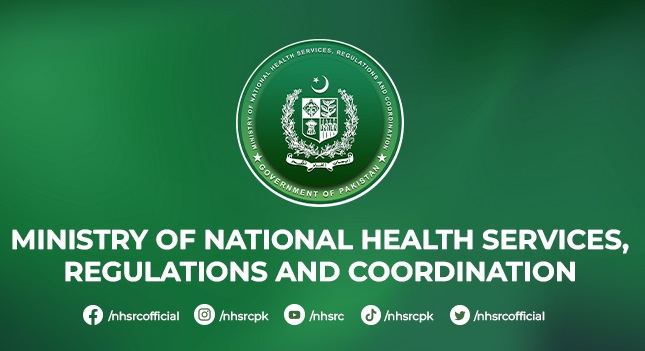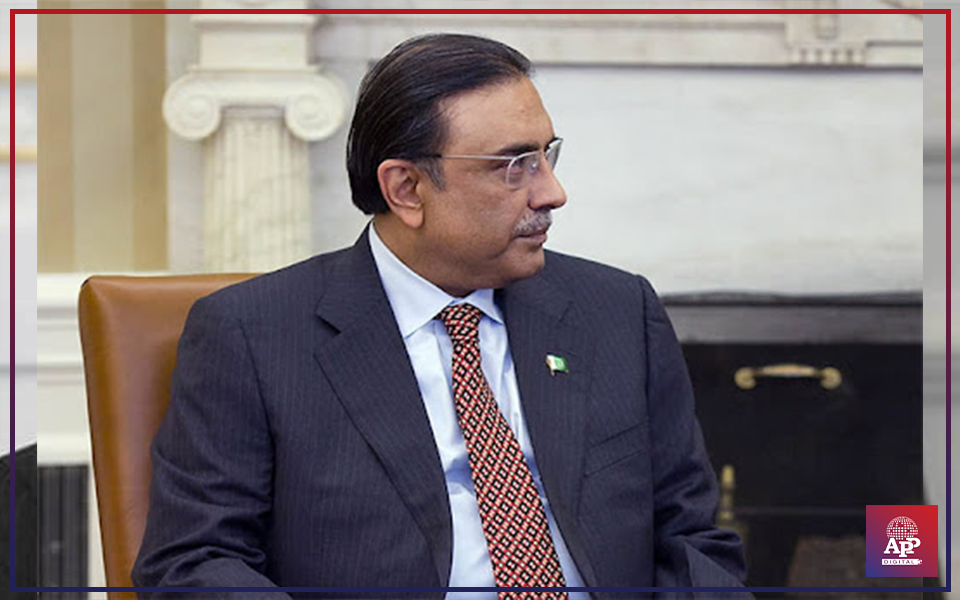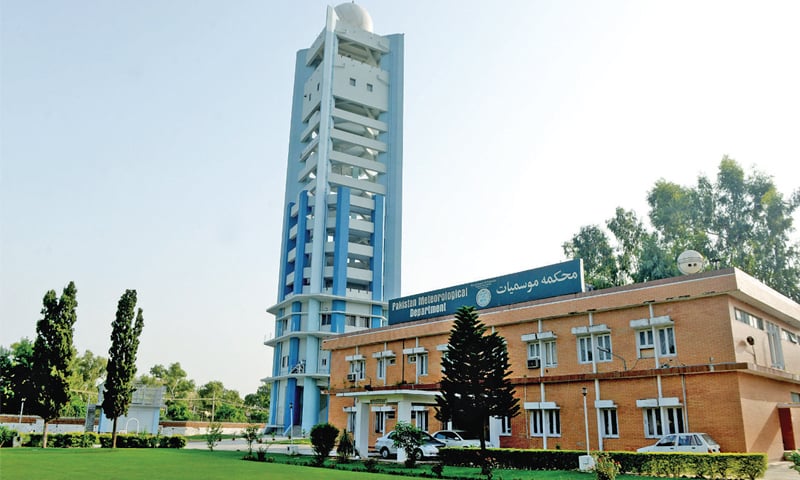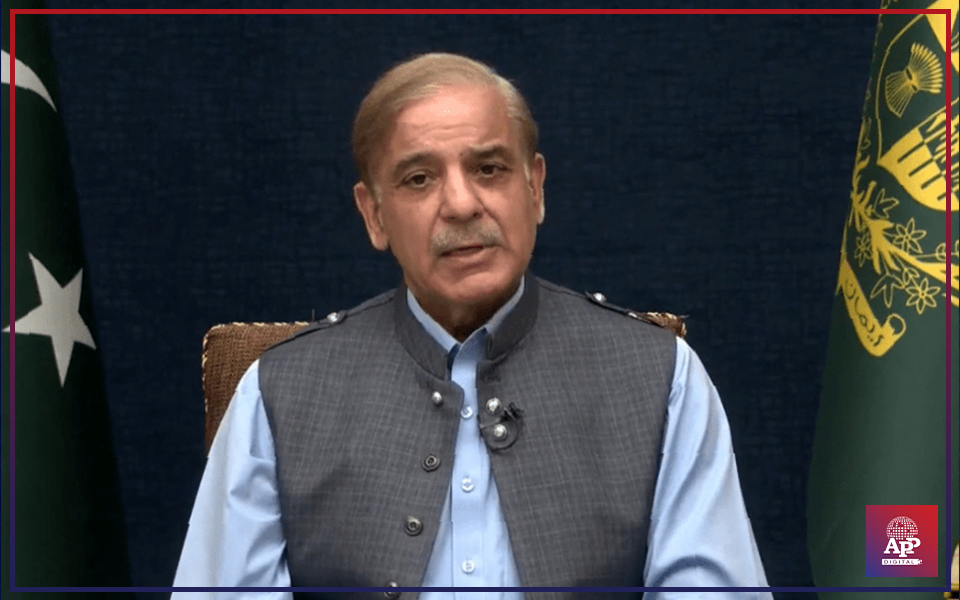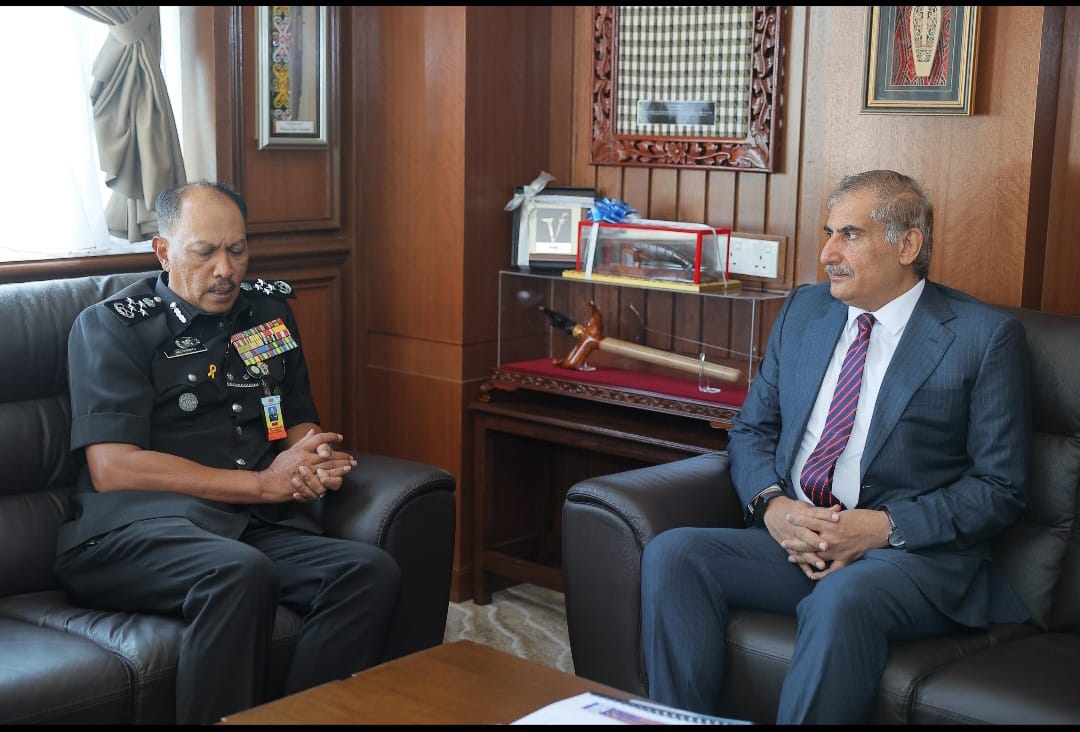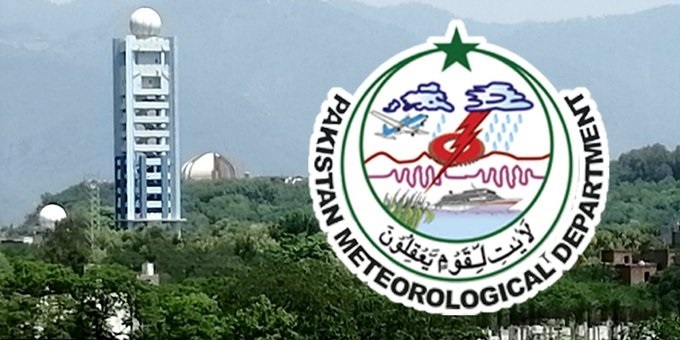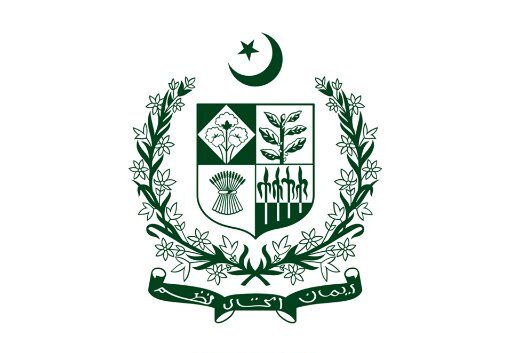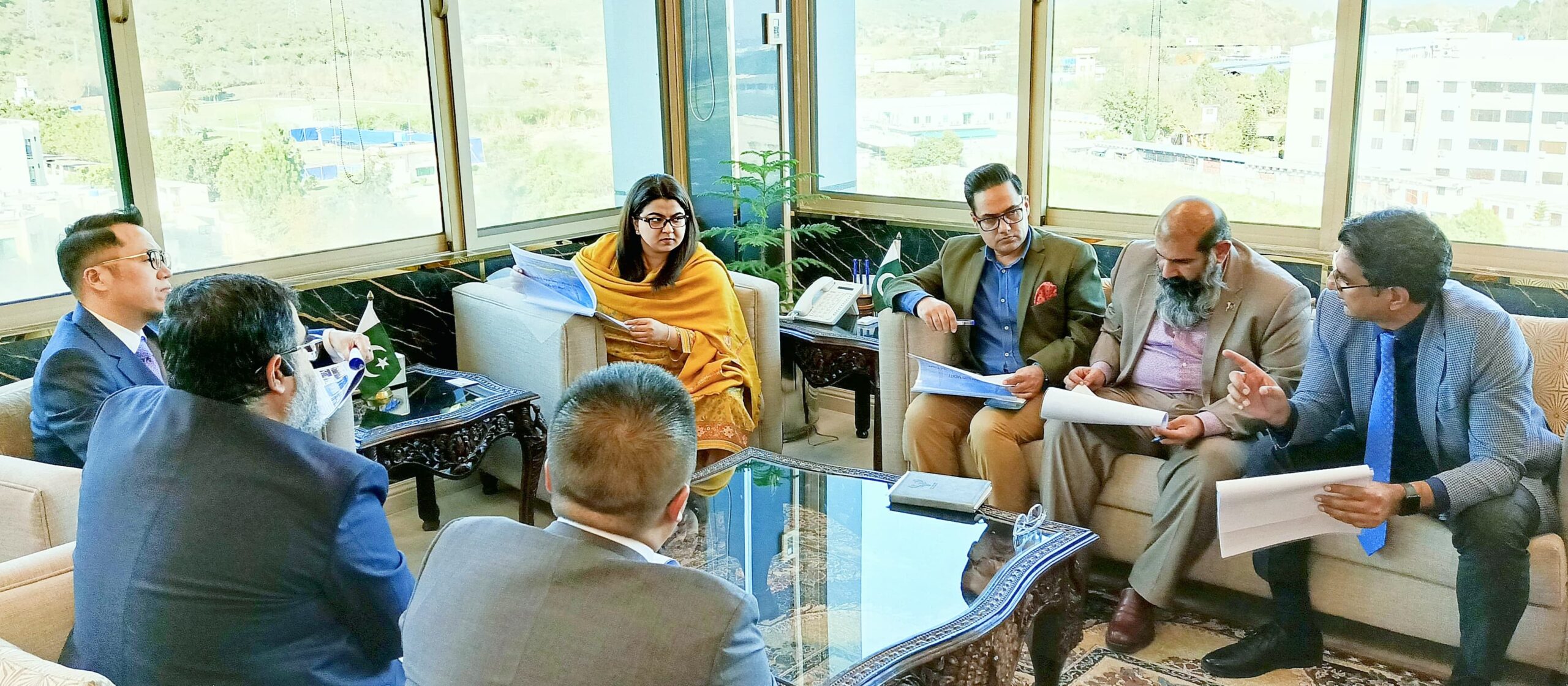ISLAMABAD, May 07 (APP): Prime Minister’s Coordinator on Climate Change, Romina Khurshid Alam on Tuesday said policy reforms, sector specific interventions, series of interactions with public and private stakeholders are in the offing to increase sensitisation on Carbon Border Adjustment Mechanism (CBAM) impacts on the country’s export industry.
She was addressing the Sustainable Development Policy Institute (SDPI) and German Development Organisation (GiZ) seminar on Energy Transition in the Textile Sector: The way Forward through Electricity Market Reforms and Green Financing.
Romina Khurshid said there is broader consensus on the subject matter and issues related to textile industry whereas market reforms and green financing strategies, detailed interactions and consultations of relevant sectors are in the pipeline.
She added that think tanks and academia are invited at the forum of Ministry of Climate Change and Environmental Coordination to hold enlightened discourse on the matter. “Pakistan has great potential in carbon markets trading. The PM’s Committee on Climate Change is focussed on enhancing dialogue on war footing to shift towards green energy, financing and sustainable practices,” she added.
The PM’s Coordinator highlighted that Pakistan’s textile and other industries would face challenges due to CBAM and therefore, the government is increasing discussion to facilitate the process and combat with its lurking risks.
The Climate Change Ministry’s role was pivotal in this regard and was engaging with Economic Affairs, Commerce, Power, Planning and all others ministries, she added.
Romina said different organisations were working in silos that needed to be collated for a holistic response to the existential threat of climate change.
Executive Director, SDPI, Dr Abid Qaiyum Suleri said the country is grappling with multifaceted challenges further aggravated by economic crunch, climate change and CBAM possible impacts.
He said the government was aware of the situation and therefore, the Prime Minister has constituted committees on climate governance and finance review along with high-powered committee co-chaired by Deputy Chairman Planning Commission and PM Coordinator on Climate change.
He said the CBAM started by EU from October 2023 on iron, fertilizer, cement, green hydrogen, steel and others whereas by January 2024 more sectors would be added to CBAM and those countries exporting to EU will have to pay carbon tax.
“Pakistan has to converge all its sectors on one point and provide level playing field for its industries to choose clean and green energy and invest in just energy transition,” he said.
The speakers including government representatives, textile industry leaders, experts, academia and other also provided their insights during various panel discussions.
